Health care workers in East, Southern and Central Africa celebrate International Safe Abortion Day 2022
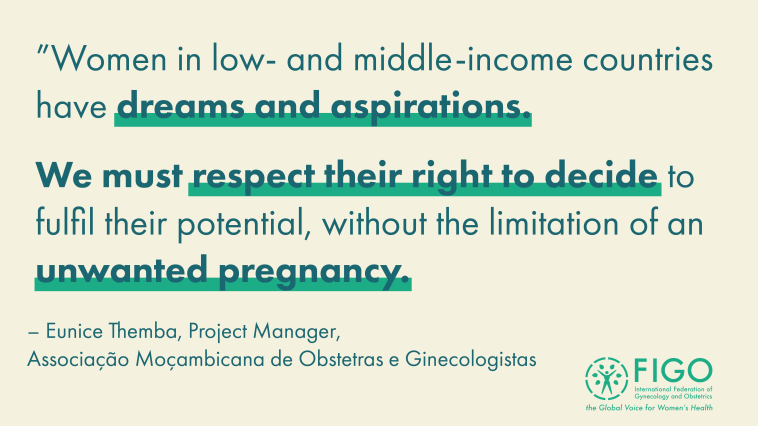
To mark International Safe Abortion Day (ISAD) 2022, FIGO interviewed member societies who have partnered with us to implement the Advocating for Safe Abortion Project. They shared details of their activities that highlight the links between safe abortion and preventable maternal deaths, the need for advocacy to overcome barriers to abortion care, and opportunities for the future.
Marking ISAD 2022
Member societies are aiming to strengthen awareness and understanding on women and girls’ right to access to safe abortion care through educational campaigns.
For instance, the Associação Moçambicana de Obstetras e Ginecologistas (AMOG) will seek to educate communities on the Mozambique’s safe abortion law, which permits abortion upon request. As part of its advocacy activities for the coming years, AMOG will also work to advocate for the improvement of health unit readiness to offer safe abortion services.
The Zambia Association of Gynaecologists & Obstetricians (ZAGO) has organised a sensitisation campaign with multiple activities, including a march in a high-density area. Leveraging their understanding of the power of the arts to inform and influence change, ZAGO will spread awareness of the need for safe abortion among existing and new audiences through the medium of poetry and theatre.
Meanwhile, the Association of Obstetricians and Gynaecologists of Uganda (AOGU) is working on a digital campaign to amplify voices. People will be encouraged to share their personal messages regarding safe abortion and why it is an important issue for them and their community. AOGU will show solidarity with communities that have experienced the tragic impact of unsafe abortion, and will be joining a vigil organised by a partner organisation, which will honour lives that have been affected and tragically taken by the dangers of unsafe abortion.
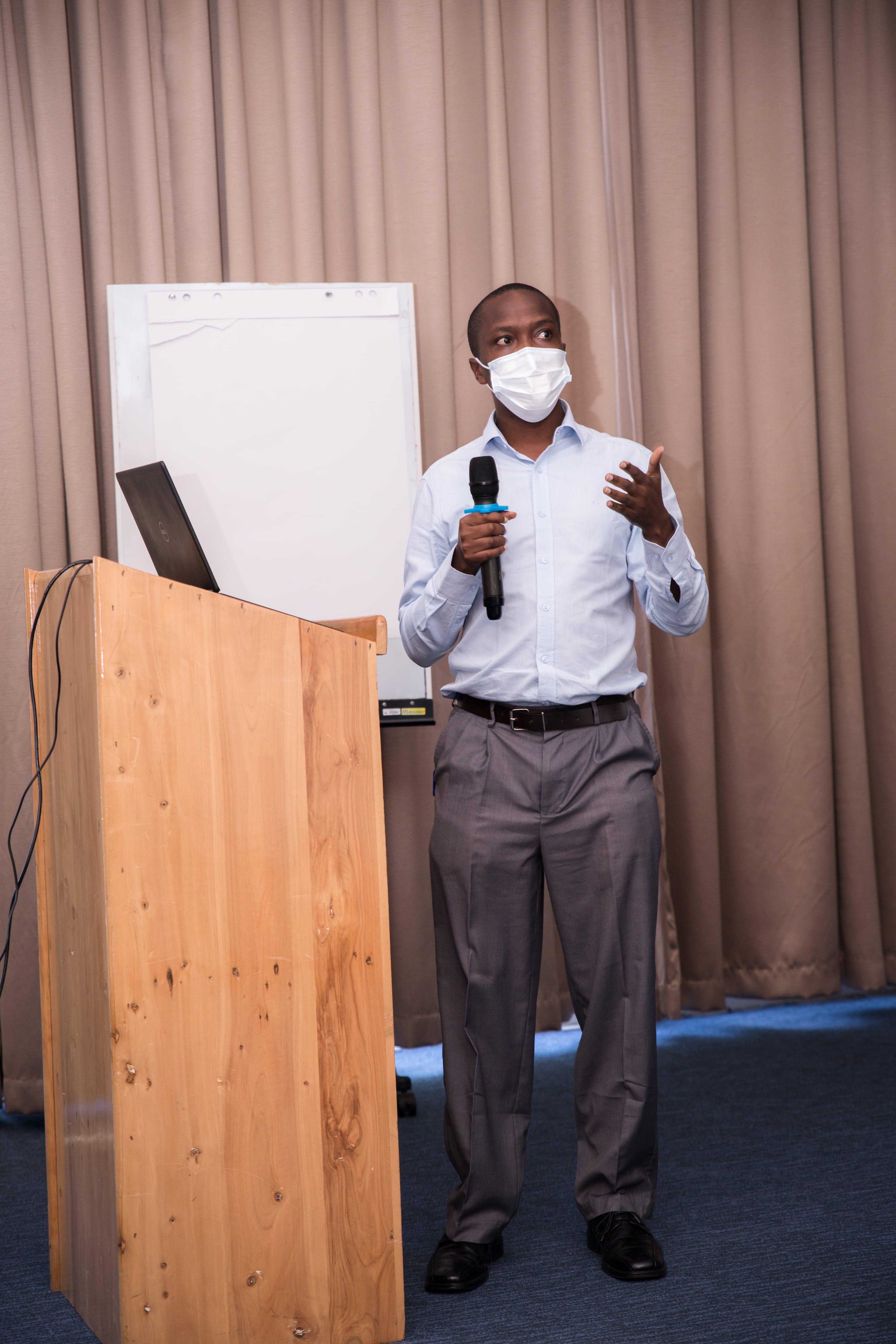
Two sides of the same coin: ensuring access to safe abortion and addressing preventable maternal deaths
Recognising that women and girls will require access to abortion regardless of the legal provisions in place, advocates highlight that it is the responsibility of policy makers and health workers to ensure women can access this care safely.
Until we realise the magnitude of denying women safe abortion services, we will continue to see really high maternal mortality rates. Whether we like it or not, women will have abortions, which will either be safe or unsafe. And it's up to us to figure out where in the chain of service provision we want to fall.
– Dr Jean Chirwa, Zambia Association of Gynaecologists & Obstetricians (ZAGO)
According to Dr Simon Peter Kayondo, ASAP focal point at AOGU, unsafe abortion is a burden on health care systems and the health of women. He highlights that:
Governments are spending a lot of money treating complications of unsafe abortion, to try and salvage a situation that they could actually help prevent in the first place.
The question policy makers need to ask themselves is what more can we do to improve the situation? And really, the answer lies in embracing the expansion of options to help women access safe abortion when they need to.
– Dr Simon Peter Kayondo, Association of Obstetricians and Gynaecologists of Uganda (AOGU)
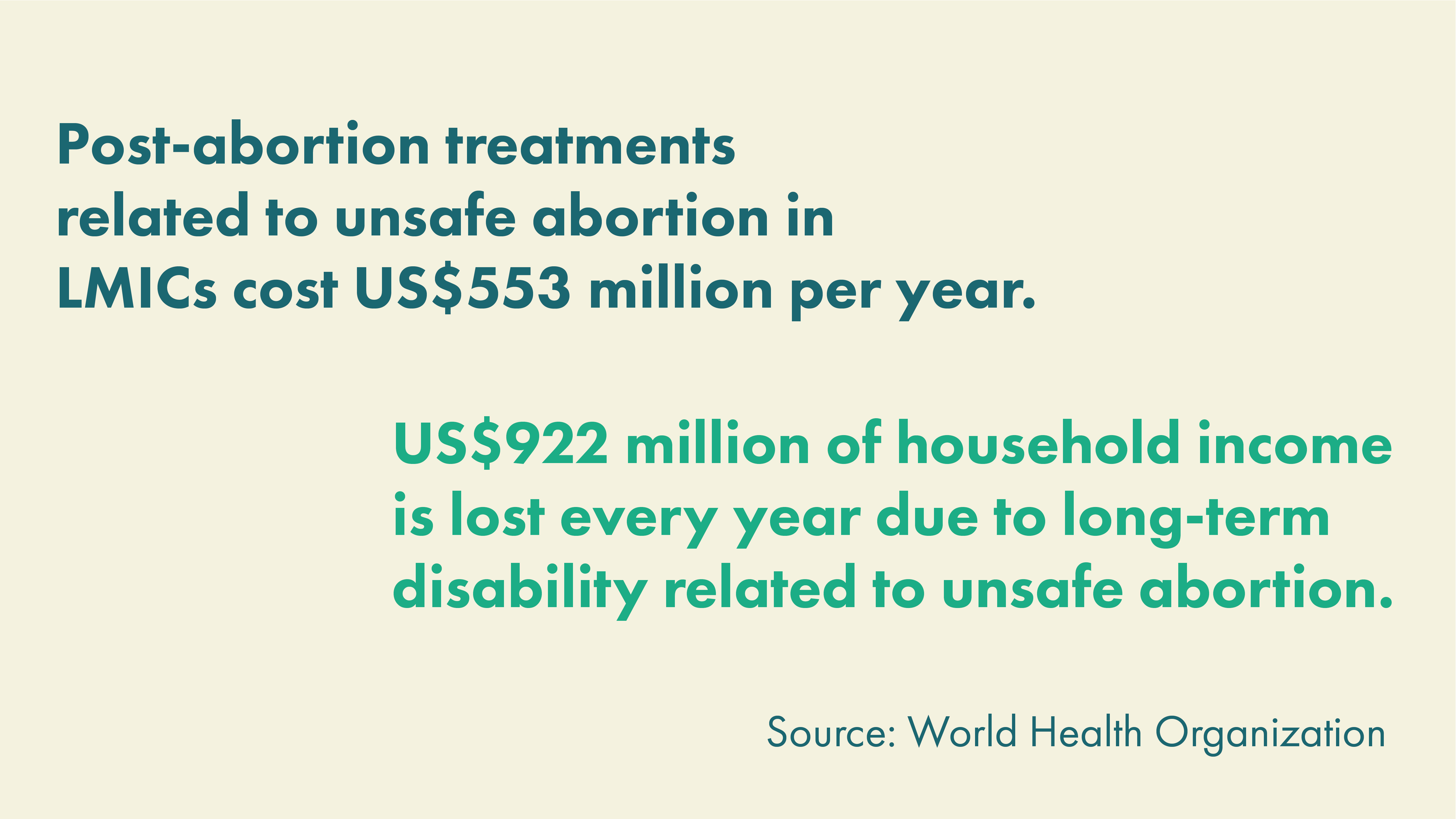
Ongoing barriers to access – from legal hurdles to social stigma
A combination of legal restrictions, lack of human-rights-based education and sociocultural barriers make access to safe abortion challenging across East, Southern and Central Africa. In the Zambian context, Dr Chirwa highlights that the legal and religious restrictions that surround abortion represents a barrier for women and girls, but also for health care workers who fear being ostracised by their colleagues for providing abortion care.
Reflecting on the importance of policy change, Dr Kayondo shares that in Uganda, legislation remains one of the key barriers, as it is a country that only allows abortion to save the mother’s life. He explains that underlying this lack of liberalisation of the law is the strong religious customs in the country, which oppose legal changes to expand the provision of abortion services.
Barriers also exist in terms of service delivery due to a lack of access to the supplies needed to deliver abortion services. Lack of training remains a challenge as well, with medical schools not teaching how to perform safe abortion to medical students or about human-rights-centred clinical education for women and girls. There is also a lack of understanding, among health care professionals, of the government’s legal obligations to provide access to safe and quality abortion care, because this issue is not discussed enough within the medical field and wider population.
According to Eunice Themba, project manager at AMOG, it is essential to address these various challenges to ensure women and girls’ access to safe abortion services:
Women in developing countries have dreams and aspirations. We must respect their right to decide to fulfil their potential, without the limitation of an unwanted pregnancy, especially in contexts such as Mozambique where the age pyramid has more adolescent girls, with family planning needs still unsatisfied, high fertility rate and low education.
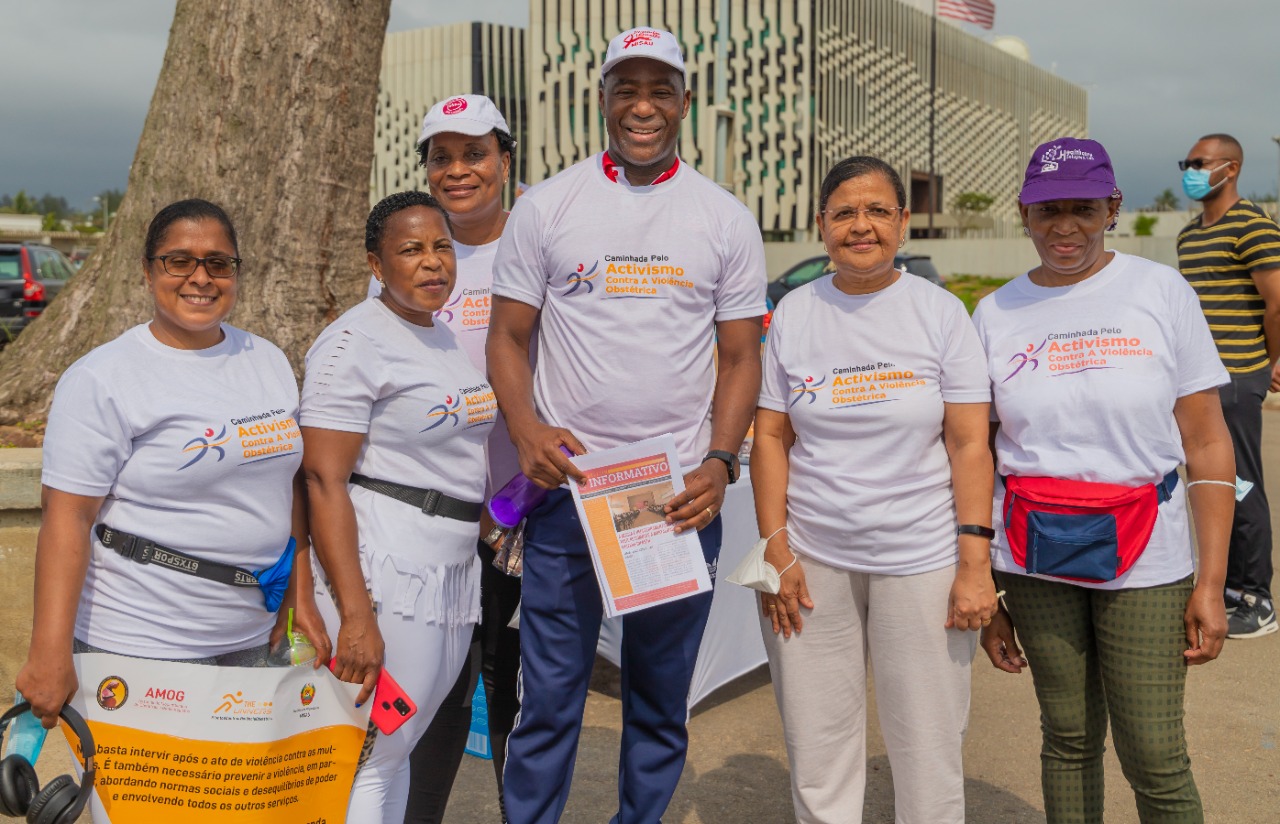
The essential role of education and advocacy
FIGO’s ASAP works with member societies and partners to remove barriers and challenges faced by pregnant people seeking access to safe and quality abortion care. Together, we support and enable health care workers to effectively carry out their responsibilities to support and provide SRHR free from fear and discrimination.
For AOGU, key successes from recent years as part of FIGO’s ASAP have been their ability to strengthen the association’s position to better advocate for SRHR, to become part of a network with other organisations to speak with a shared voice in favour of safe abortion and increasing acceptance for safe abortion care among health professionals around the country.
In AMOG’s case, Dr Maria José Pires Machai highlights that a particularly successful sensitisation campaign has been the creation of radio programmes with exclusive content on SRHR to demonstrate the link between unwanted pregnancies, unsafe abortion and maternal mortality. These also highlighted that maternal mortality is unacceptable for doctors, health systems, growing economies, gender equality and the achievement of Sustainable Development Goals (SDGs).
A big achievement for ZAGO has been how they have been able to reach people far and wide, in rural and urban areas across the country, and change the narrative around abortion. Their sensitisation campaigns have made people realise that not only is it legal to seek an abortion, but have also reinforced the message that women have the right to make choices for their lives and their bodies free of coercion and pressure from others.
Ultimately, Dr Chirwa underlines that “being actively involved in sensitisation campaigns regarding abortion shows you that it's absolutely not a one-man show. You have to deal with different stakeholders. We’ve had to go down to the grassroots to sensitise the masses, students in university, health care workers, law enforcement, community leaders, traditional leaders, and all those who are who are in positions of influence to the women and to the people out there.”
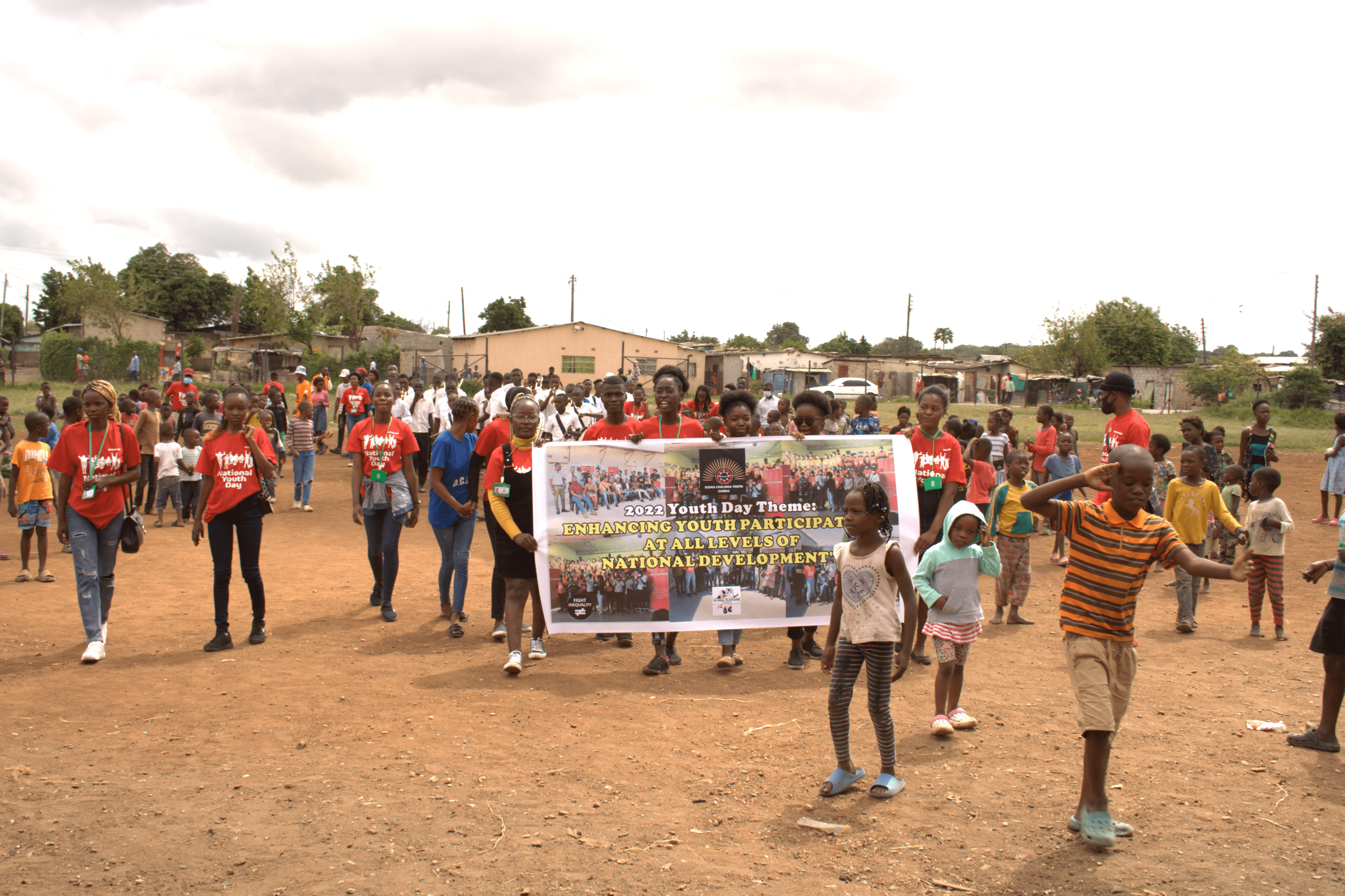
Facing the future: challenges and opportunities
The overturning of Roe v Wade in the US on 24 June 2022 has created uncertainty for safe abortion advocates around the world. Notably, Dr Kayondo highlights that the decision has led to some countries looking at backtracking on advancements related to abortion access. This point is echoed by Dr Chirwa, who explains that since the Roe v Wade ruling served as the basis for many countries' laws regarding abortions, this development represents a serious concern. She says: “At an international level, we will not be able to reach the SDGs with regards to reduction of maternal mortality if we go back on access to abortion.”
Despite remaining obstacles, there is hope for the future of abortion rights. Dr Chirwa explains that the Zambian Government is taking the fight for abortion rights and access more seriously, and organisations are working together to reduce the number of unsafe abortions in the country.
Ms Themba underscores that the updated WHO abortion care guideline (March 2022) bring about opportunities for future innovation and improved access, particularly in the area of self-care.
With the advances of pharmaceuticals, drugs are mostly user-friendly and can be easily self-used, we want advocacy efforts globally to help raise awareness of this so that governments take the leap and remove restrictive laws in favour of women’s rights.
Policy makers should devise strategies to fill the identified gaps in legal provisions. In Mozambique at the moment, abortion has to be done at a health facility, but globally the wave is moving towards telemedicine and self-managed abortions. We need successful and sustainable implementation of the WHO guidelines in LMICS.
– Eunice Themba, Associação Moçambicana de Obstetras e Ginecologistas (AMOG)